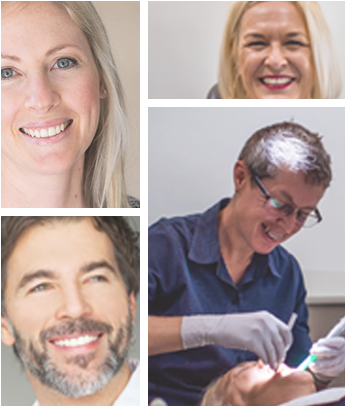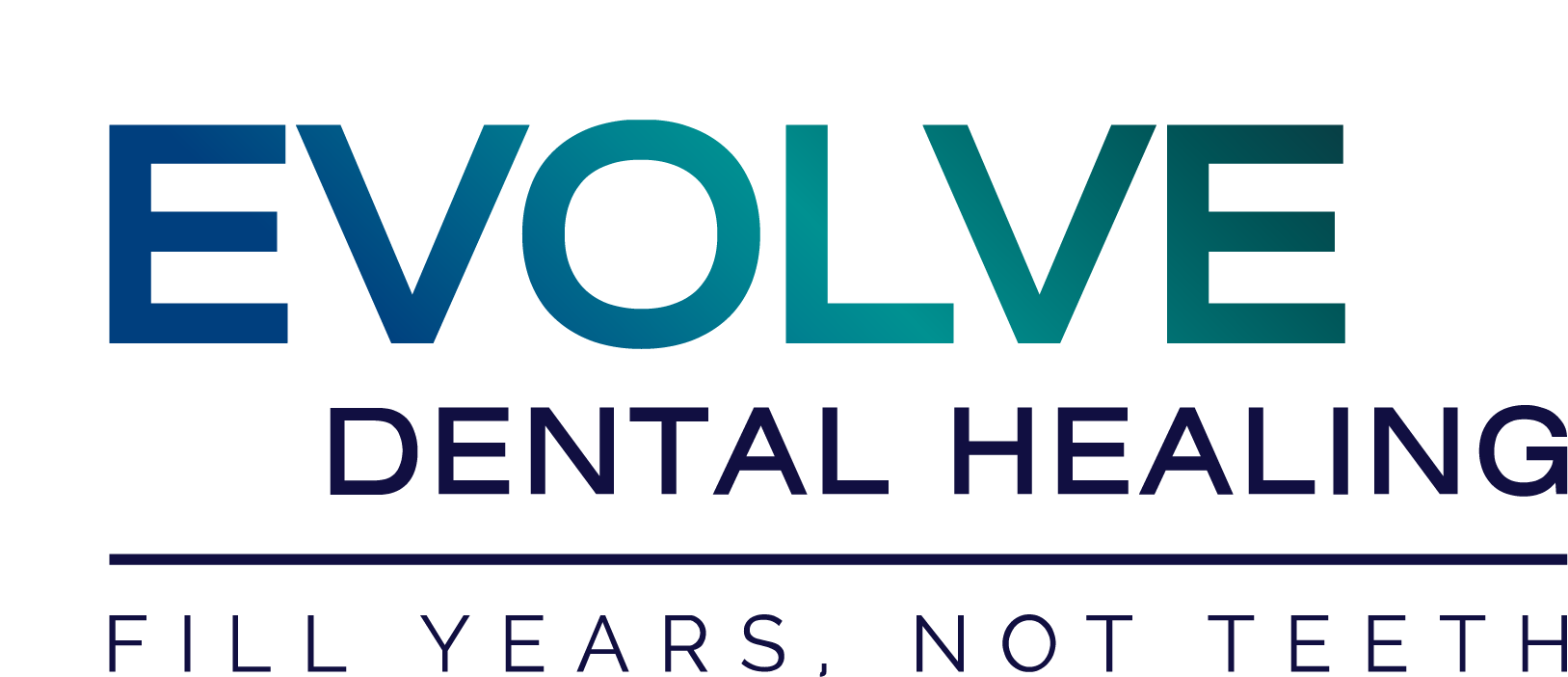Iodine

What Is Iodine and What Role Does It Play In Your Health
Iodine is found in dairy products, seafood, kelp, eggs, some vegetables and iodised salt.
It is important for essential hormone development in the human body. If you don’t have enough iodine in your diet, it can lead to an enlarged thyroid gland (goitre) or other iodine deficiency disorders. Iodine deficiency is the world’s leading cause of mental retardation in children.
Iodine is found in food as iodide.
Thyroid Hormones and Iodine
Our bodies need iodine to make thyroid hormones which control the thyroid gland.
The thyroid hormones regulate the body’s metabolic rate and promote growth and development throughout the body, including the brain.
If there isn’t enough thyroid hormone circulating in the blood, the brain (via the pituitary gland) sends a chemical message (thyroid stimulating hormone) to the thyroid gland, which then releases a measured dose of these hormones.
The two main thyroid hormones, thyroxine and tri-iodothyronine, are synthesised from the amino acid tyrosine in combination with iodide. Thyroxine (T4) contains four iodine atoms and tri-iodothyronine (T3) contains three.
If a person’s diet is too low in iodine, the thyroid gland gets larger and larger in an attempt to make more thyroid hormone. This overgrowth of the thyroid gland is called goitre.
An enlarged thyroid gland, or goitre, isn’t the only side effect of not having enough iodine in the diet. If the deficiency is long term, hypothyroidism develops. Symptoms include dry skin, hair loss, fatigue and slowed reflexes.
Goitres can also increase the risk of thyroid cancer. Goitre can be associated with hyperthyroidism, a condition in which too much thyroid hormone is produced.
Iodine deficiency in babies and children
In the developing foetus, baby and young child, the effects of iodine deficiency are serious.
They include stunted growth, diminished intelligence and retardation. Lack of iodine is a major problem in developing countries. It is the world’s number one cause of preventable intellectual disability in children. There is evidence that some levels of iodine deficiency may be too mild to cause goitre but may still retard brain development.
In Australia, studies conducted over the last decade in New South Wales and Victoria (where approximately 60 per cent of the Australian population live) indicate the presence of mild-to-moderate iodine deficiency in all groups tested.
Western Australia and Queensland appear to have adequate intakes, while South Australia is borderline.
How much iodine do we need?
The recommended daily intake (RDI) for iodine depends on your age and life stage. The amount we need is very small when compared to other nutrients and is measured in micrograms (mcg, or µg):
- Younger children (1 to 8 years) – 90µg
- Older children (9 to 13 years, boys and girls) – 120µg
- Adolescents (14 to 18 years) – 150µg
- Men – 150µg
- Women – 150µg
- Pregnancy and breastfeeding – 220µg and 270µg respectively.
If you don’t get enough iodine in your diet, you may need to consider taking a supplement. For most people, an additional 50µg per day would be ample.
Sources of Iodine
Iodised salt is perhaps the most common source of iodine in the Western diet and can provide enough iodine to avoid low thyroid activity.
Iodine is also found in seawater so any type of seafood provides a rich source, particularly seaweed (kelp).
Since an adult only requires around one teaspoonful of iodine over a lifetime, eating fish twice a week is likely to be enough to fulfil the average iodine requirement. Take care when choosing the seafood you will eat, as some fish may contain high levels of mercury or chemicals from inland waterways such as PCBs.
Although it comes from the ocean, sea salt is not a good source of iodine.
Iodine intake in Australia has dropped
Low dietary levels of iodine were thought to be a problem in the past or in developing countries only. However, some researchers suspect that iodine intake levels in Australia have dropped considerably, perhaps by as much as half, over the past few decades.
Some reasons for low iodine intake may include:
- Consuming most of our salt in processed foods, as manufacturers do not use iodised salt in processed foods such as bread
- Less iodine in milk because of changes in treatment methods
- A possible reduction of iodine levels in Australian soils
- A reduction in the use of salt in cooking and table salt (particularly iodised salt).
How to get enough iodine in your diet
The best way to get the nutrients your body needs is as part of a healthy, well-balanced diet. Some suggestions to make sure you get the required daily amount of iodine include:
- Seafood – dietitians recommend two to three meals of seafood per week to get beneficial fish oils. This will also provide you with a good source of natural iodine.
- Iodised salt – can be added to food as a replacement for non-iodised table salt, in moderation.
- Seaweed (kelp), dairy products and eggs – provide additional dietary sources of iodine.
- Some vegetables – may contain iodine, but only if they are grown in iodine-rich soils.
- Supplements – may be necessary if your dietary intake is inadequate. Many multivitamin capsules and tablets supply 100–150mcg of iodine.
Pregnancy and Iodine
Pregnant women need higher levels of iodine, as lack of this nutrient can retard normal development in a baby. Eating two serves of seafood each week will not be enough to meet a woman’s iodine requirements during pregnancy – you would need to eat the equivalent of nine cans of tuna a day to reach the recommended level (220mcg). (Tuna is not recommended during pregnancy due to its relatively high content of the toxic heavy metal mercury).
Seafood is a valuable source of iodine, but pregnant women or women intending to become pregnant within the next six months should take care to avoid seafood that may contain large amounts of mercury. Mercury can be passed through the placenta and may affect the brain development of your baby. Some fish that contain high levels of mercury include tuna, shark, orange roughy, swordfish and ling.
Supplements will most likely be needed in addition to dietary sources.
Vegetarian diet
Vegetarians may be at risk of iodine deficiency if they do not eat seafood. Vegetarians can get iodine from iodised salt or seaweed.
-
Dr. Rachel Hall
Rachel is the founder and principal dentist at Evolve Dental Healing with over 30 years experience, practising holistically since 2001. Not your typical dentist, Rachel is a passionate opinion leader, challenging convention to empower people to make better dental and health choices, helping thousands to have healthy natural smiles. A respected writer and presenter on holistic dentistry, health and wellness it is Rachel’s mission to revolutionise the way people look at their dental health.
Talk to us for more details and information
CONTACT US
67 Kenmore Road
Kenmore Queensland 4069
Phone: 07 3720 1811
Fax: 07 3720 1899
Email: info@evolvedental.com.au
OPENING HOURS
Monday – Friday: 7:30am – 5:30pm
References and Citations Mercury & Amalgam Fillings




